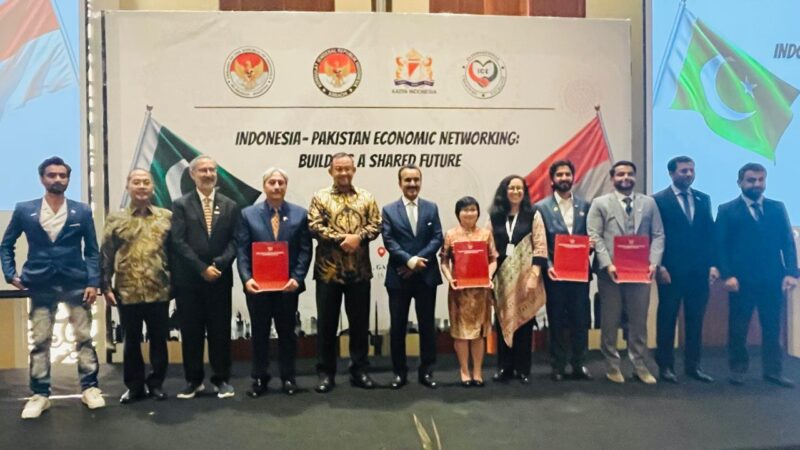Islamabad, In a significant development with potential diplomatic repercussions, the United States Federal Bureau of Investigation (FBI) has named Iran’s Ambassador to Pakistan, Reza Amiri Moghadam, on its “Most Wanted” list. The designation is tied to his alleged role in the abduction, detention, and probable death of retired FBI agent Robert A. Levinson, who went missing in Iran over 18 years ago.
According to the FBI, Moghadam — identified as an official of Iran’s Ministry of Intelligence and Security (MOIS) — was allegedly involved in both the abduction and subsequent efforts to conceal the Iranian state’s responsibility. Levinson disappeared in March 2007 after traveling to Kish Island, and evidence later surfaced in the form of videos and photos showing him in captivity. Despite these signs, he was never recovered. In 2020, Levinson’s family concluded, based on US intelligence briefings, that he had died while in Iranian custody.
The US government has intensified its efforts to bring those responsible to justice. The US Department of the Treasury designated Moghadam and other Iranian officials in March 2025. A reward of up to $25 million is being offered — $5 million by the FBI and $20 million through the State Department’s Rewards for Justice Program — for information leading to Levinson’s location and recovery.
Senator Jim Risch, Chairman of the Senate Foreign Relations Committee, publicly supported the FBI’s move, stating that the US would continue to “hold those responsible to account for their crimes” and that the case of Levinson remains a symbol of Iran’s disregard for international norms.
The development comes against the backdrop of rising geopolitical tensions following the 12-day Iran-Israel conflict, during which US airstrikes targeted Iranian nuclear sites. In parallel, renewed efforts to revive the 2015 Joint Comprehensive Plan of Action (JCPOA) have taken center stage. During a recent conference call, the foreign ministers of France, Germany, and the UK, along with US Secretary of State Marco Rubio, agreed on August 31 as a deadline for progress on nuclear talks. Failing a deal, the European parties intend to trigger the UN sanctions snapback mechanism.
President Donald Trump, while acknowledging Iran’s willingness to engage, reiterated that no dialogue would be held under pressure or preconditions that require Tehran to halt uranium enrichment unilaterally.
The naming of a serving ambassador in a high-profile international case adds a new layer of strain to Iran’s diplomatic standing, particularly in South Asia. While Iran has yet to formally respond to the development, the case underscores the enduring complexity of US-Iran relations and its impact on wider global diplomacy.






